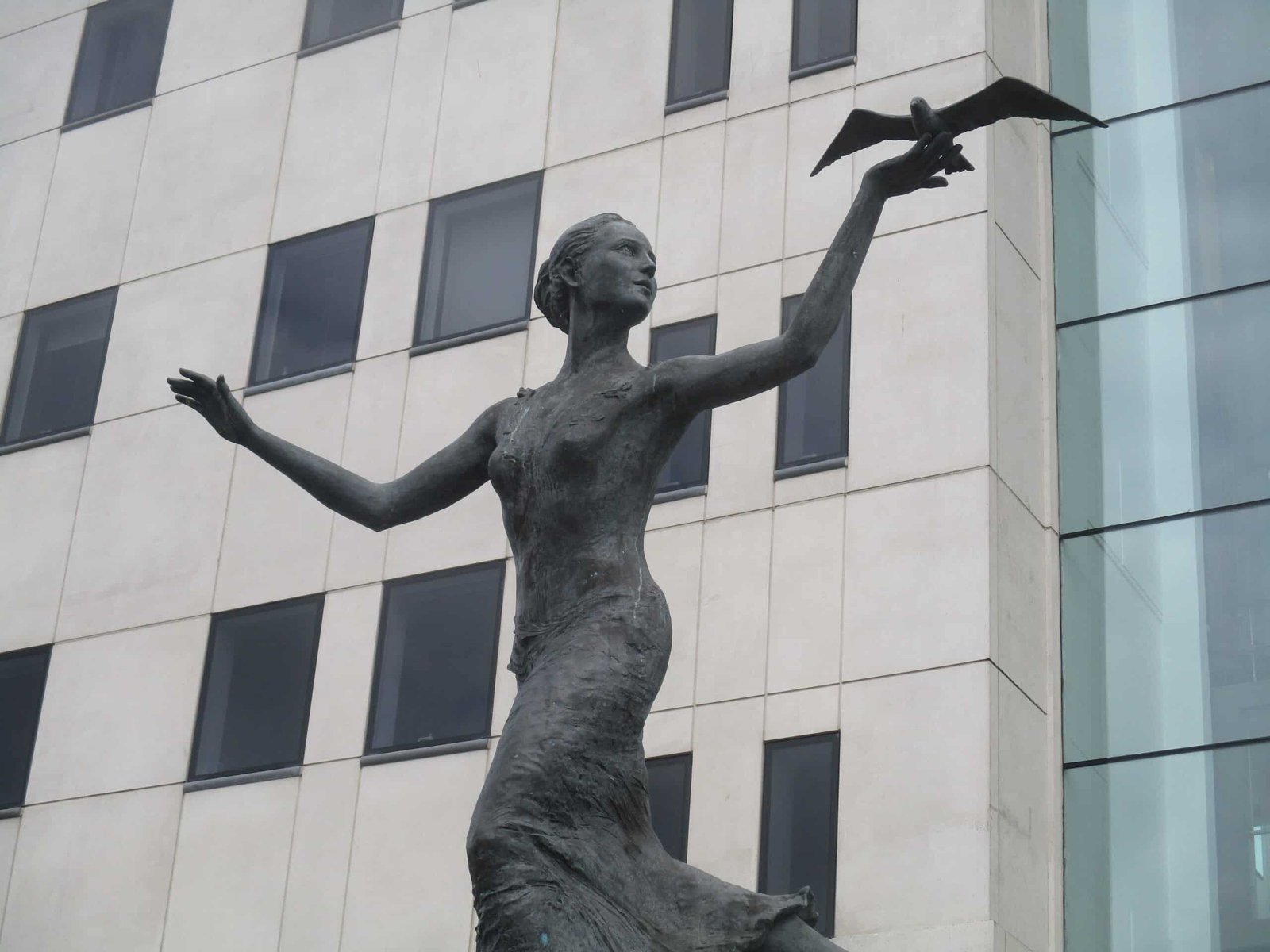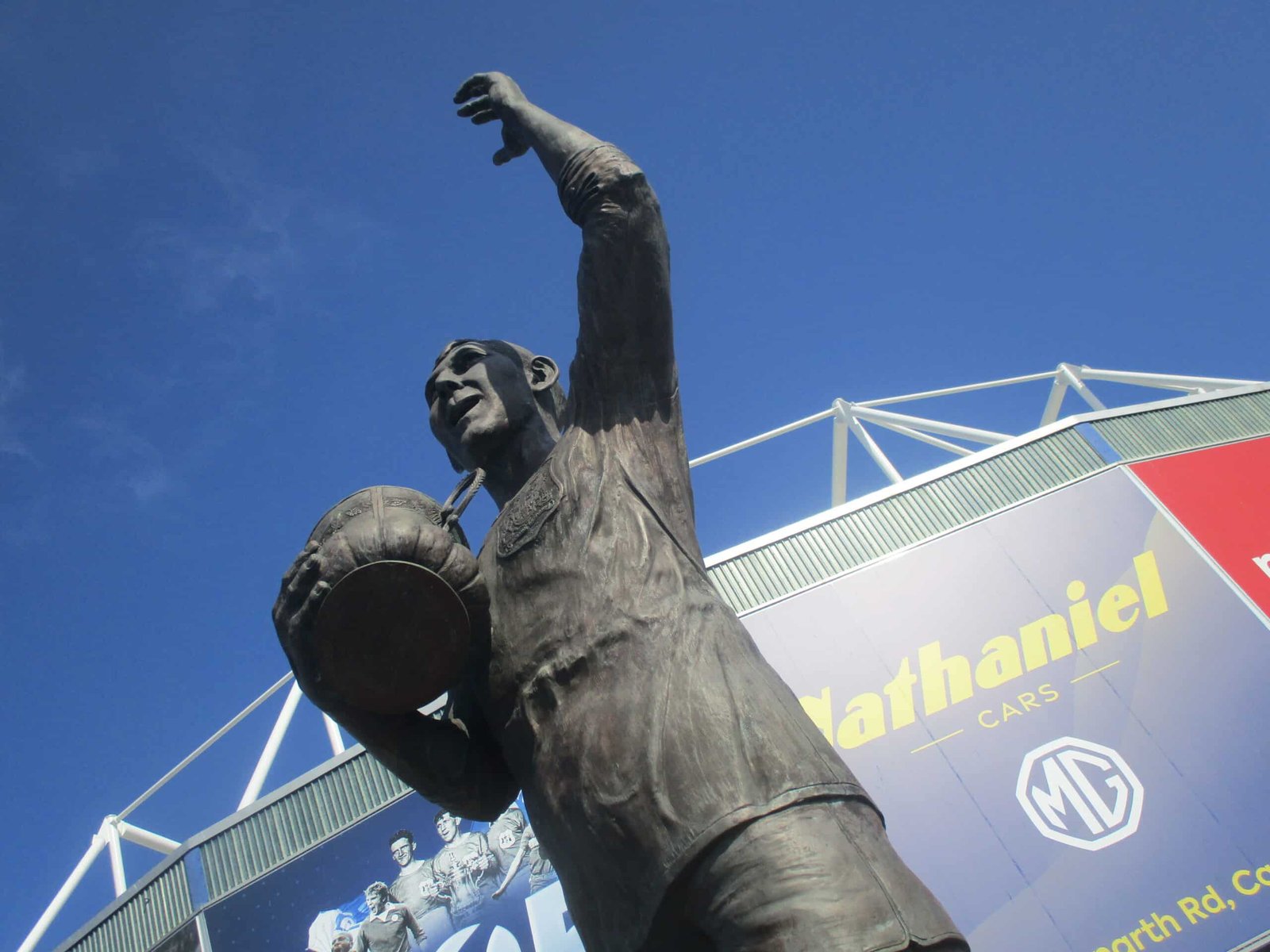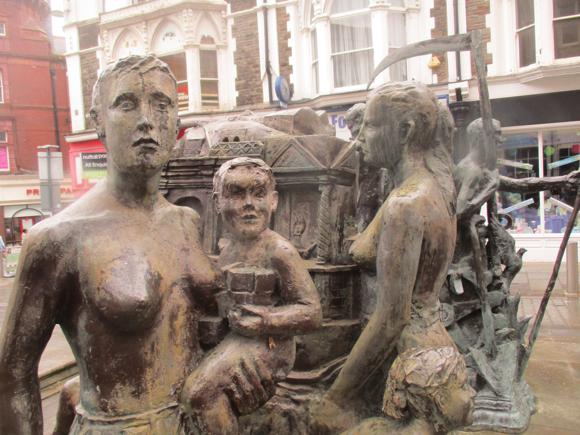Teams, tales and tips – a guide to the local game
Rugby mecca Cardiff has been staging major soccer fixtures since the turn of this century. Venue for the 2017 Champions League Final between Real Madrid and Juventus, the Welsh capital is the ideal setting for the big occasion.
Few other European cities feature a magnificent 74,500-capacity national arena, the Principality Stadium right in town, surrounded by decent hotels and busy pubs, a short walk from the train station.
Still also referred to by its original name of the Millennium Stadium, given its opening in June 1999, it has long been surpassed by the Cardiff City Stadium as the home of the resurgent Welsh national soccer team. Home of Cardiff City, the former Ninian Park south-west of town holds 33,000, easily enough for the needs of its regular tenants, relegated from the Championship in 2025.
Wales usually fill the place to capacity for major qualifiers here, such as for the 1-0 win over Ukraine in 2022 that sent the Dragons to the first World Cup since 1958. Their bid to reach another finals in 2026 began at a packed Cardiff City Stadium in March 2025 and a 3-1 victory over Kazakhstan.
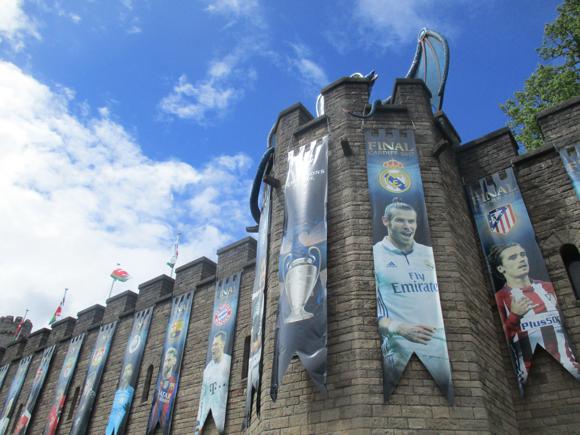

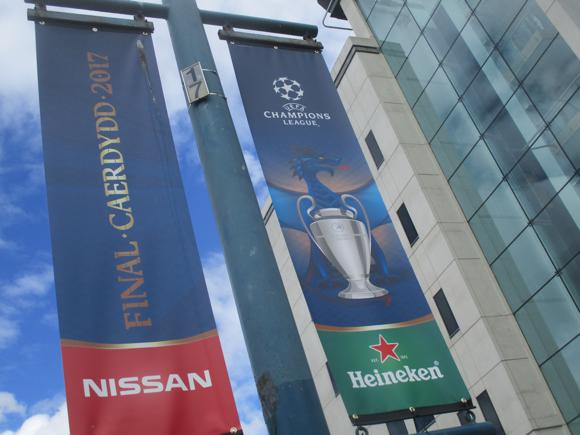

While the stadium’s role as Wales’ home turf remains sacrosanct, the current expansion of the Racecourse Ground, reflecting Wrexham’s newly moneyed, global status, should see more international fixtures move there in future.
Though Wales last played by the Taff in 2018, and only twice since 2011, the Principality Stadium will be co-hosting Euro 2028. With Wales not guaranteed a finals berth, they will still have to play qualifying fixtures – it is not yet clear where.
As for the domestic game, the Bluebirds of Cardiff remain in the capricious hands of Malaysian owner Vincent Tan. Passing upwardly mobile Wrexham to drop down League One in 2025, Cardiff also miss out on the South Wales derby with Swansea, revived after a five-year hiatus in 2019. So steeped in violence this was Britain’s first derby to have away fans banned, the fixture was a top-flight affair for one season only, in 2013-14.
With their new home opened in 2009, after a century at ‘The Bearpit’ of nearby Ninian Park, and a new £8 million academy unveiled at Llanrumney north-east of town in 2023, the club has a solid infrastructure but poor league form and transfer embargos point to shakier financial foundations.

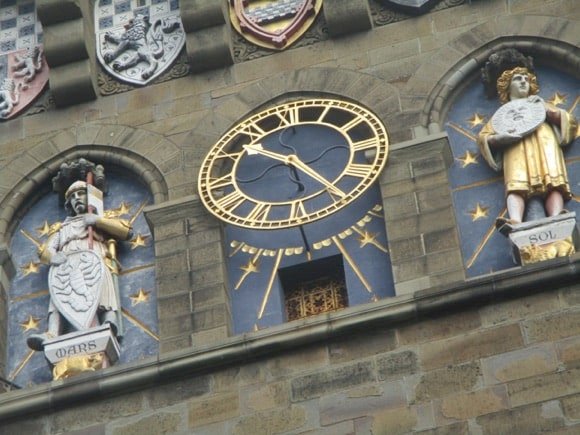
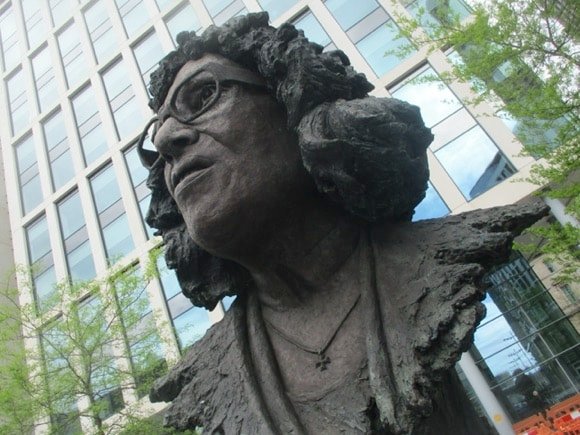
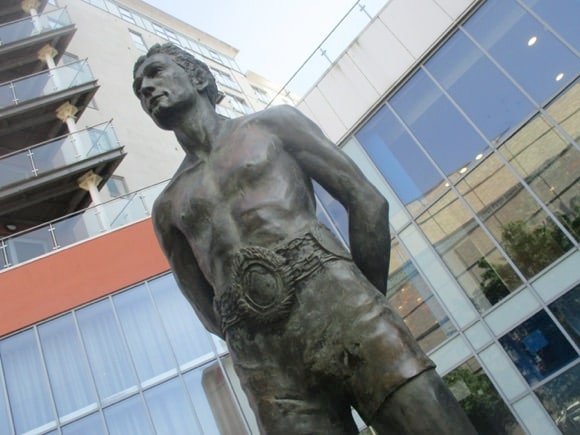
Pre-Tan, mention Cardiff in a football context and the famous FA Cup win of 1927 would be immediately evoked. The first and so far only time the trophy has left England was when a somewhat fluky Hughie Ferguson shot eluded Glamorgan-born Dan Lewis, and beat the great Arsenal side under Herbert Chapman.
The legend of the Welsh goalie’s greasy jumper lived long and large, while a statue of winning captain Fred Keenor stands outside the Cardiff City Stadium. It would be more than 80 years before Cardiff made another Wembley cup final, losing to Portsmouth in 2008.
Top-level football had not been missing from the Welsh capital, though. The opening of the Millennium Stadium in 1999, the national arena for both codes, coincided with the rebuilding of Wembley. Major finals were hosted here during the long-winded process of Wembley’s reconstruction.
Every spring, fans from over the border swarmed over the Severn to fill the pubs and bars of St Mary Street before taking their seats in a superb arena where noise and atmosphere were assured. The contrast with Wembley was striking – though the traffic problems occasionally similar.
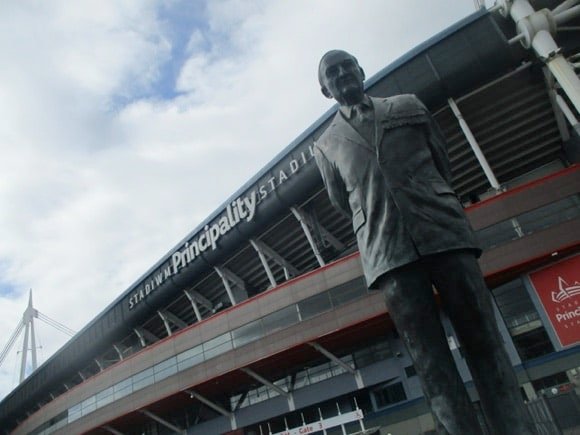
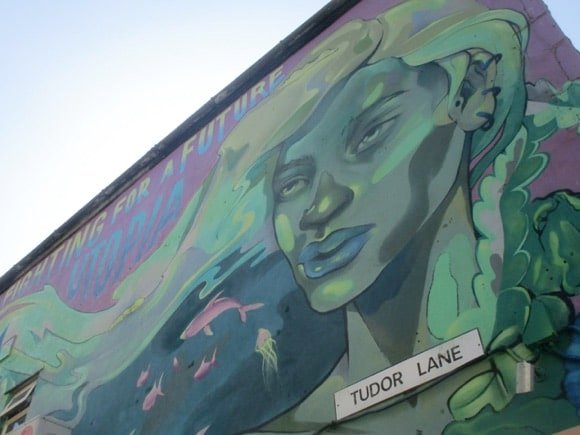
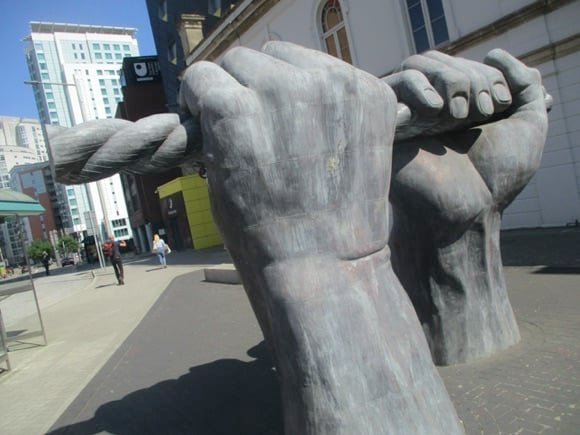

For six seasons from 2001, the FA Cup again left England, lifted by Liverpool, Chelsea, Arsenal and Manchester United skippers on the banks of the Taff. The Millennium also hosted League Cup Finals, Community Shields and play-offs, including Cardiff City’s last-gasp one of 2003.
The Welsh national team also provided 70,000-plus spectators with a few choice memories, not least the 2-1 win over Italy in 2002. Winning goalscorer that day was Cardiff-born Craig Bellamy, who saw out his playing days at his home-town club, helping them gain a first ever promotion to the Premier League in 2012.
Named manager of Wales in 2024, Bellamy has given new impetus to the national team in the post-Bale era and reigniting the atmosphere at Cardiff City Stadium. He first experienced football as a fan at Ninian Park, watching Cardiff in the late 1980s and as a player, representing Wales at youth and senior levels there, shortly before the opening of the Millennium Stadium.
Now a housing development, Ninian Park lives on in the train station of the same name that still serves the nearby Cardiff City Stadium, an easy hop from Cardiff Central.

The other main team in the Welsh capital is university side, Cardiff Met. The Archers started out as UWIC Inter Cardiff in 2000, settling on their current name in 2012. The club then went from Welsh Division Three to One in three straight seasons.
Promoted to the Welsh Premier in 2016, Cardiff Met overcame Bala Town on penalties in 2019 to set up a dream Preliminary Round fixture in the Europa League with Progrès Niederkorn of Luxembourg. Staging the home second leg at the Cardiff International Sports Campus, an athletics ground over the road from Cardiff City Stadium, the Archers won 2-1 but lost out on away goals.
Cardiff Met have since played in consecutive play-offs for the Conference League, losing on penalties in 2025 to Caernarfon in the semi-final.
Home is usually the Cyncoed Campus on Cyncoed Road, north-west of the city centre, accessed by half-hourly bus 52 from Customhouse Street JG beside the Marriott Hotel in town. Journey time to Cardiff Met Cyncoed is 20mins. Admission is £6, £1 for students with ID.
Getting Around
Arriving in town and local transport
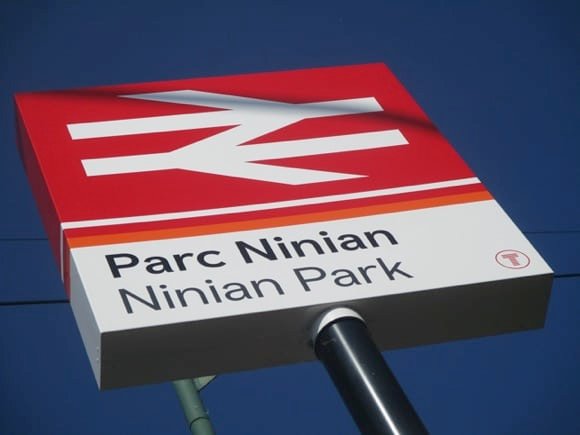
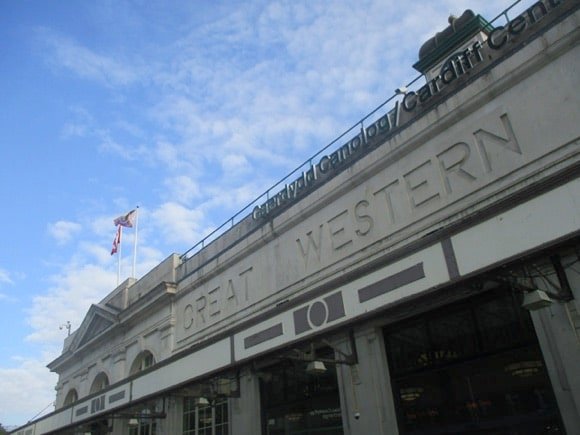
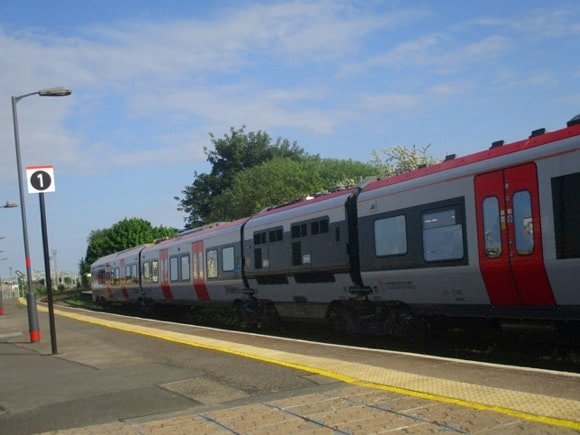
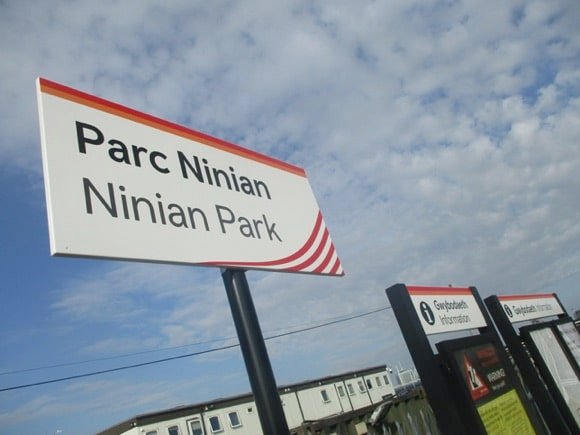
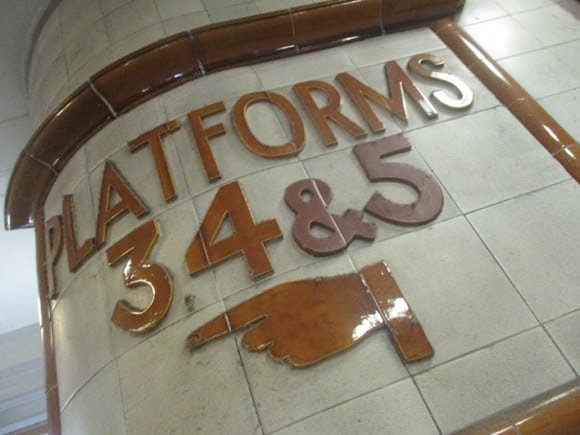
Cardiff Airport is 19km (12 miles) west of town, with its own Rhoose Cardiff International Airport station linked by shuttle bus (£1) every hour (every 2hrs Sun) with the terminal. An hourly train runs to Cardiff Central (Sun every 2hrs, 30min journey time, £6). The T9 bus runs direct from the terminal every 20-30mins to Canal Street JF, the other side of the Marriott hotel from Cardiff Central train station (£5/£8 return, pay on board, journey time 40mins).
An airport-recommended taxi to town should cost £31 although there’s a shared service for £22. Local firm Dragon (029 20 333 333) should be cheaper.
More international routes are served by Bristol Airport. A National Express bus (every 1-2hrs, £16 online) takes 2hrs 30mins-3hrs to make the 50-mile (80km) journey to Cardiff Bus Station, with one change in Bristol.
Direct trains to Cardiff from London Paddington (£50) and Birmingham New Street (£80) take 2hrs, from Manchester (£100) 3hrs. Adding a Cardiff PlusBus (£3.70) to your fare allows you to use local buses for the rest of the day, although Cardiff Central station is a short walk into town and to the Millennium Stadium.
For Cardiff City Stadium, you can walk west for 15-20mins, use local Ninian Park stations or public transport. This is operated by several companies. For main Cardiff bus, a single ticket is £2, a Day to Go pass £4, pay with exact change/contactless on board.
Where to Drink
The best pubs and bars for football fans
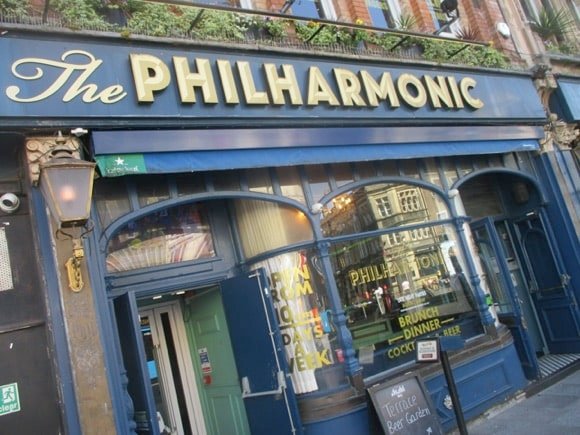
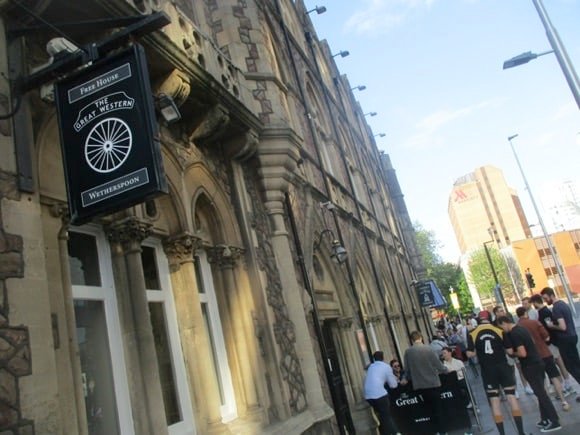
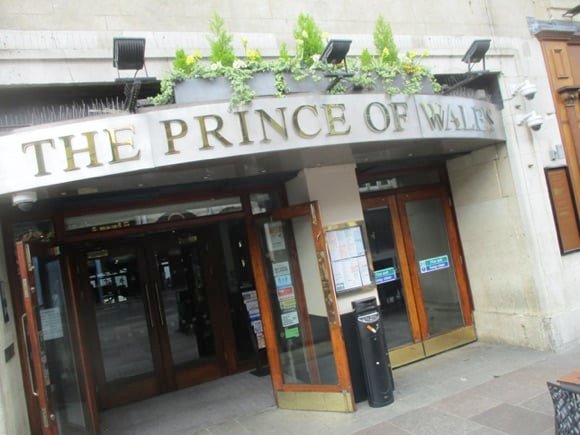
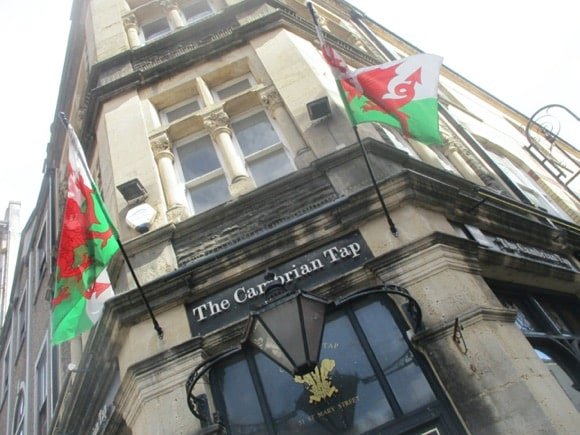

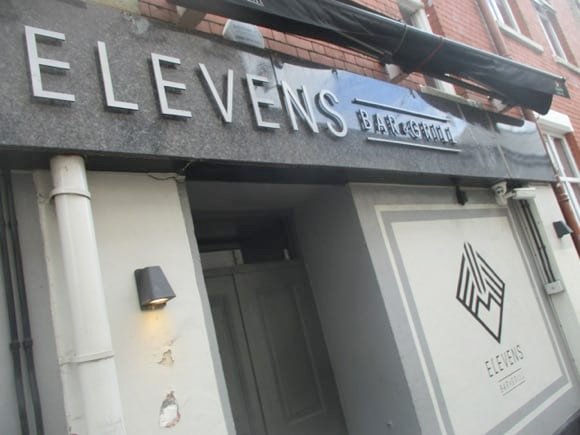
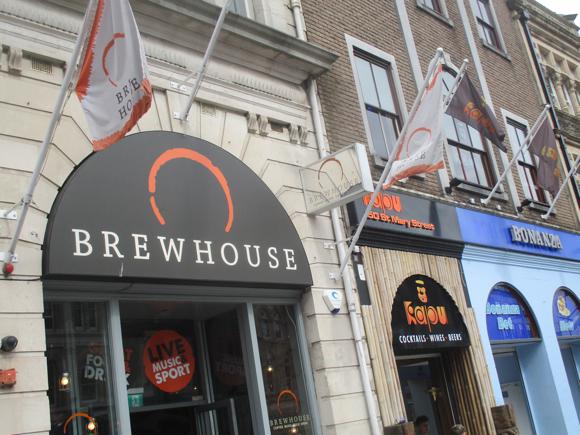
Cardiff is choc-full of pubs, the red dragon of local Brains beer ubiquitous around town. A significant number of venues double-up as pre-match spots for the Millennium, right in the city centre.
The many drinking destinations of St Mary Street are a stagger from the station and Principality Stadium. The Philharmonic comprises five locales in one, including a rooftop Atrium, and bars dedicated to live music and sport. Across the street, The Cambrian Tap appeals to those who prefer an old-school approach and plenty of craft options – note also the screen and mural of sporting heroes.
Further along, the Brewhouse is all about live music and sport while the Prince of Wales was once a cinema of the same name, now one of several Wetherspoons in town. Pretty much the first thing you see as you exit the station is the Great Western, once a classic railway hotel, now in the Wetherspoon fold.
Closer to the Principality Stadium, Elevens Bar & Grill is the creation of local brewers Brains and national legend Gareth Bale – hence the Bale Ale on tap. With ultra HD 4K TVs, surround sound, own-recipe burgers, craft bottled beers (Barry Island, Black Mountain) from the Brain stable, and Mahou, Peroni and Asahi among the many choice lagers on tap, Elevens is a major addition to Cardiff’s already oversubscribed sports-bar scene.

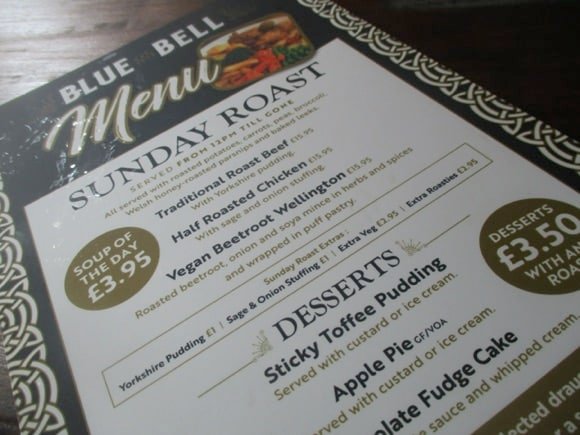
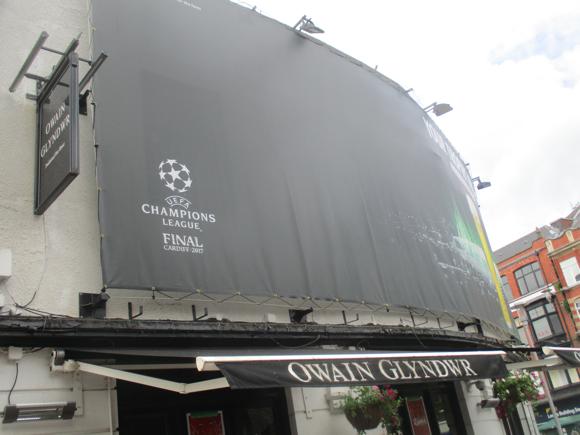
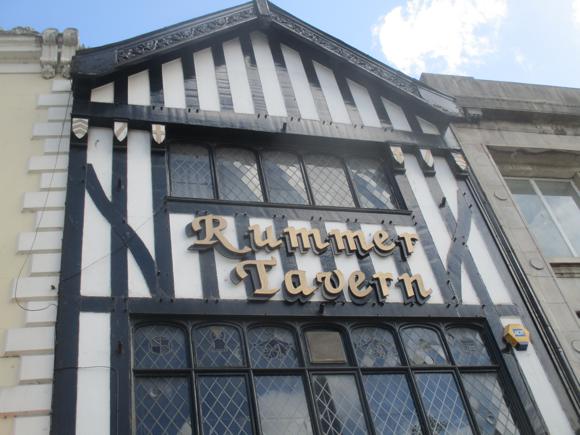
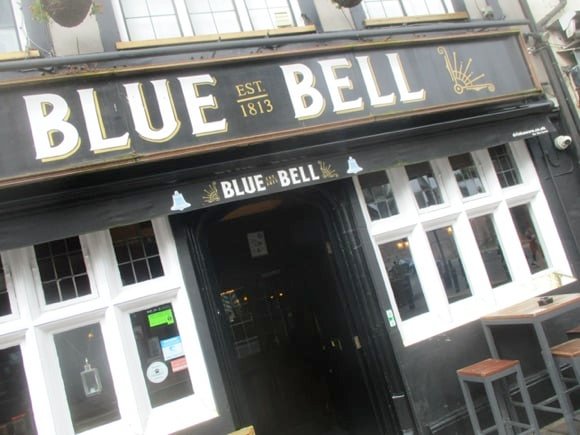


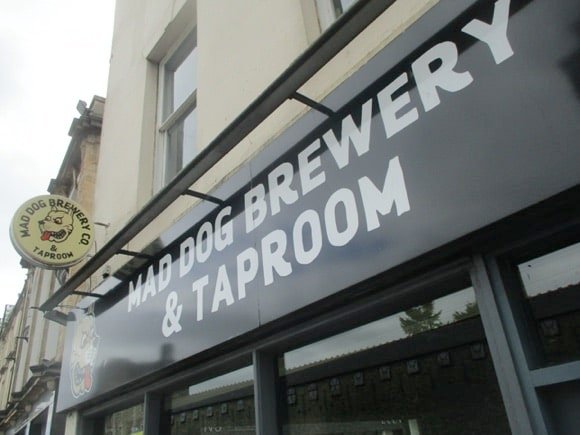
A more traditional establishment, previously the revered Goat Major, is now the Blue Bell, taken over by Croeso Pubs in 2021. It’s still pie-and-pint heaven without forgetting TV sport. Opening times of 10am at weekends can be a godsend.
Just off St Mary Street by Cardiff Market, the Old Arcade is in similar vein, filled with rugby memorabilia. Further along, the Owain Glyndwr broadcasts the action on eight plasma screens. The nearby Rummer Tavern, dating back 300 years, showcases local ales, currently Double Dragon by the Felinfoel Brewery and Vale of Glamorgan Dark Matter. TV sport, too.
Facing the Castle, the Mad Dog Brewery & Tap Room prides itself on its Kölsch-style lagers, its traditional red Welsh ale – and its independence.
Award-winning Porter’s Cardiff (‘Good People, Good Times’) is the ideal spot to end the night, with late closing, open mic nights and cabaret shows, and a great range of ales. Handle the Sharp’s Wolf Rock with care – a mix of Red Ale and IPA.
Where to stay
The best hotels for the grounds and around town
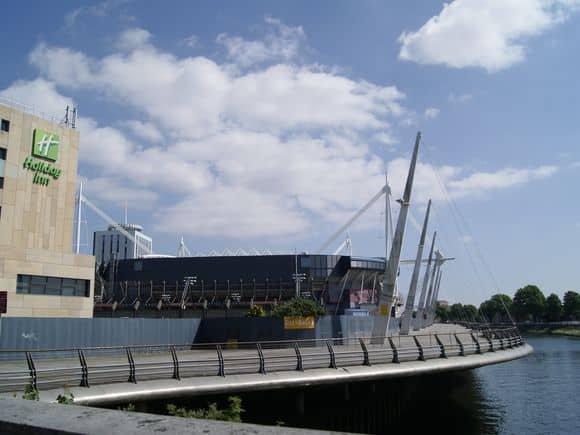
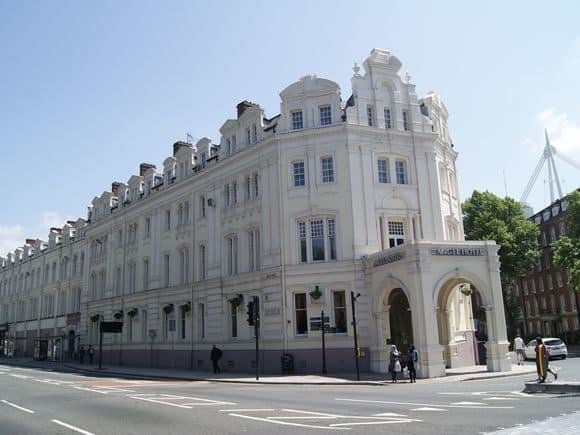
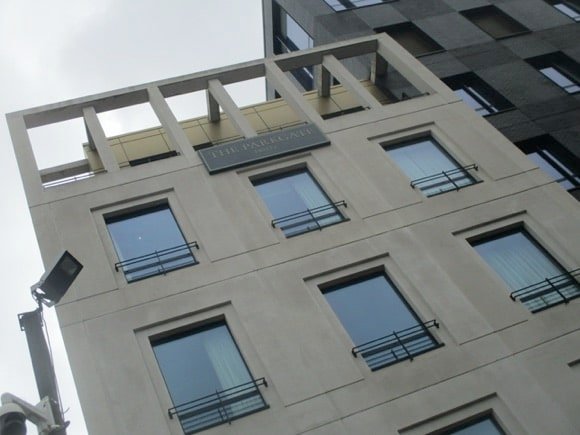
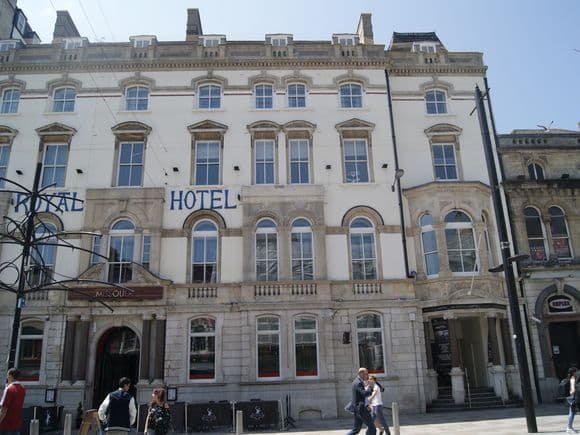
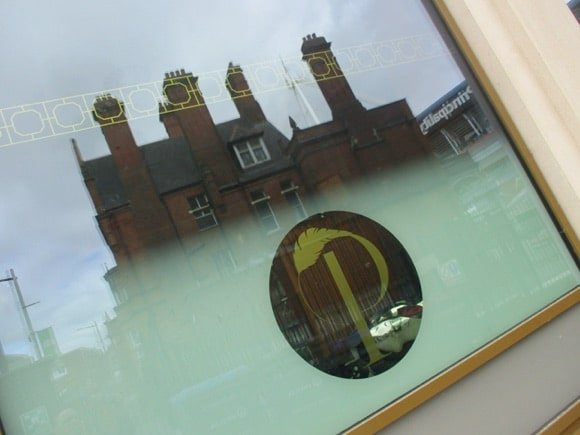
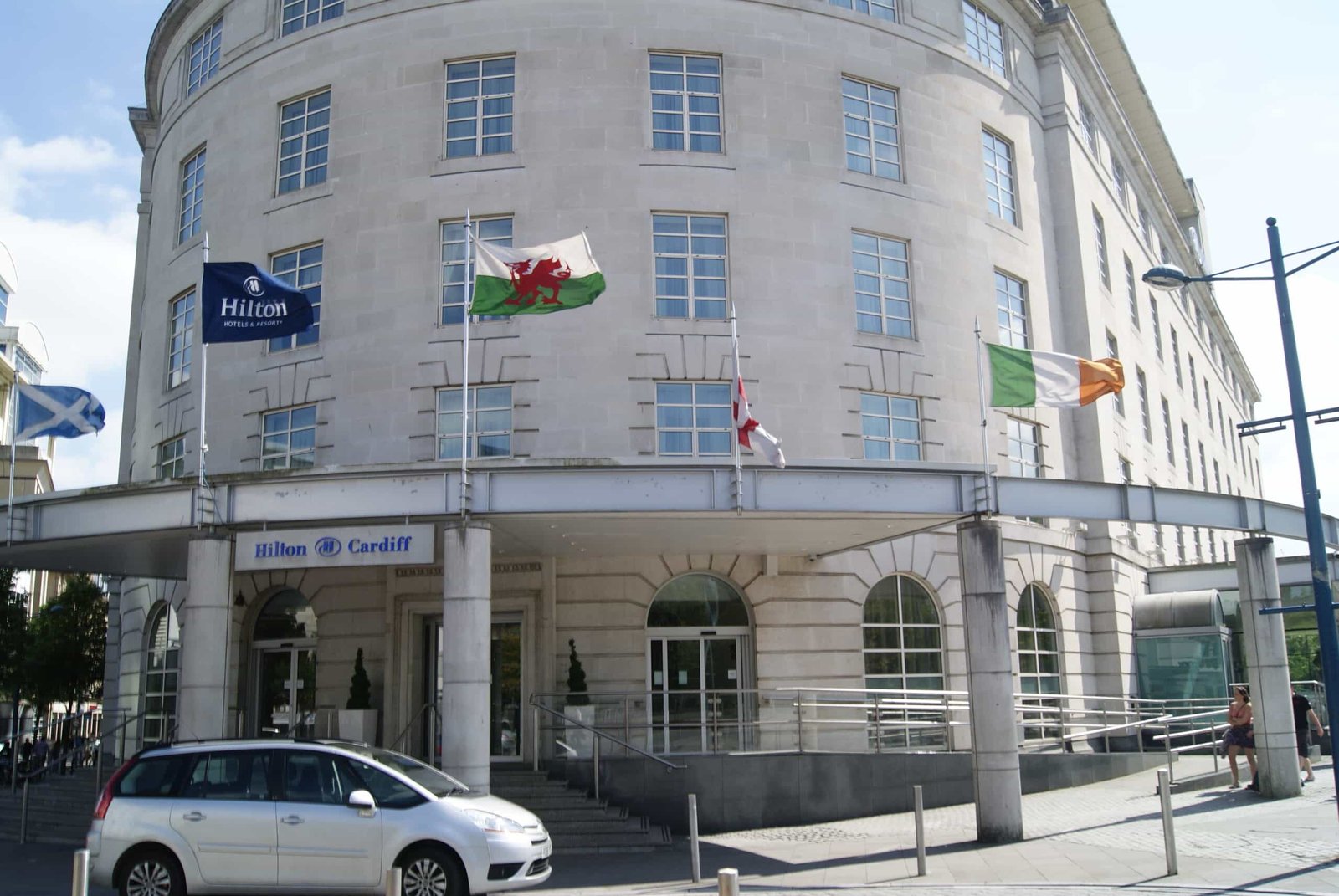
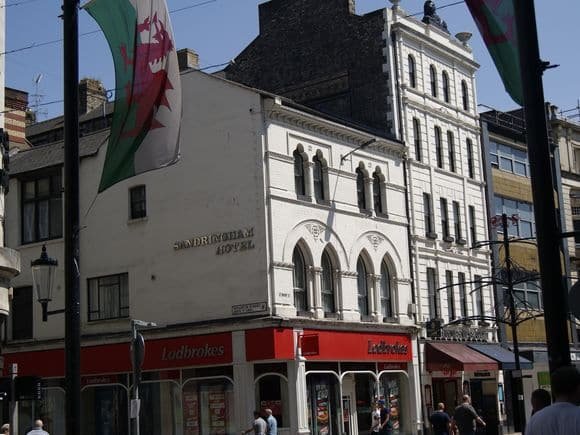
Visit Cardiff has a hotel database.
The city-centre Principality Stadium must have 20 hotels within a short walk. The nearest is the waterfront Holiday Inn, that does special rates when occasion demands. Rooms are long booked before big occasions but a quick enquiry might just turn up a last-minute cancellation. Also close is the spruced-up Victorian Angel Hotel, with a decent restaurant in Castell’s.
For a four-star stay around a major event, the Parkgate styles itself as ‘the finest luxury hotel within touching distance of the Principality Stadium’ and, with a panoramic spa and Michelin-listed restaurant, it isn’t wrong.
Overlooking the stadium across the water are a cluster of more affordable options, including convenient WiseStay, the former Anchorage Guesthouse on Fitzhamon Embankment and comfortable Austin’s Guesthouse. Brighter still is The Riverhouse, a fine example of a contemporary B&B.
Close, but closer to the pubs of St Mary’s Street, is the Sandringham, a family-run four-star, and the landmark Royal Hotel, attracting stars of stage, screen and stadium since 1866. Beside Cardiff Castle, the Hilton offers a pool, gym and business facilities.
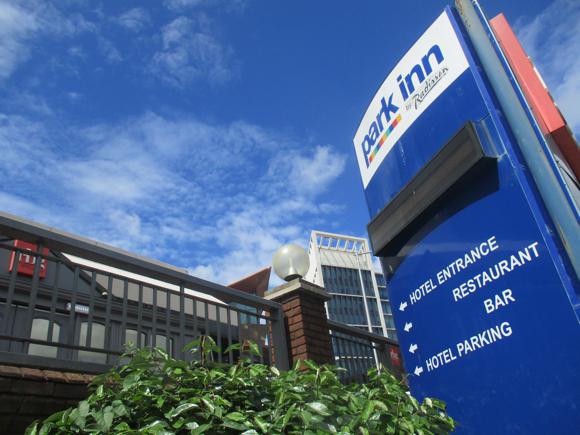

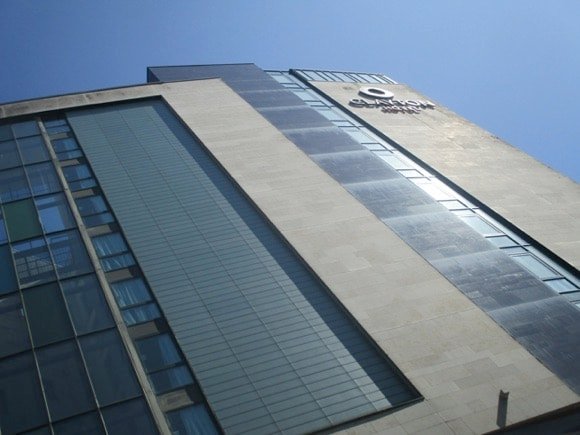
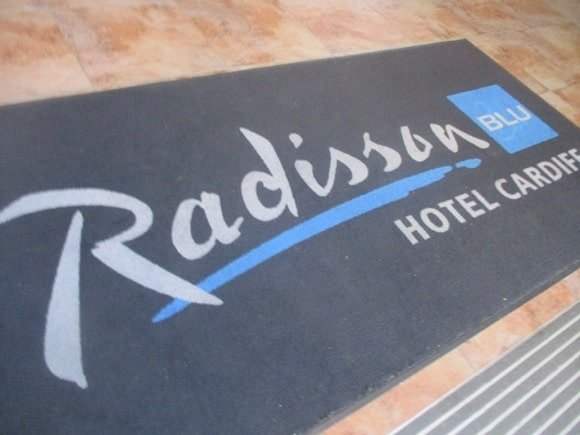
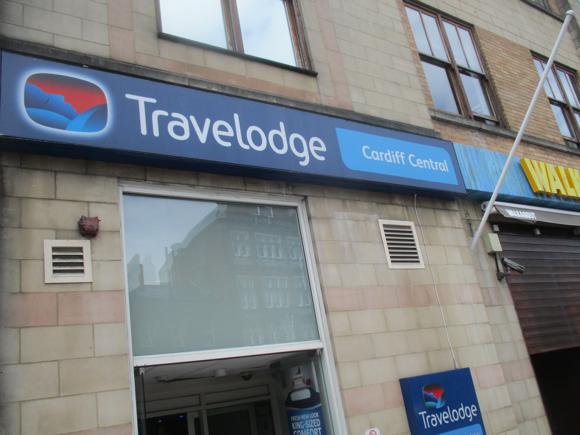

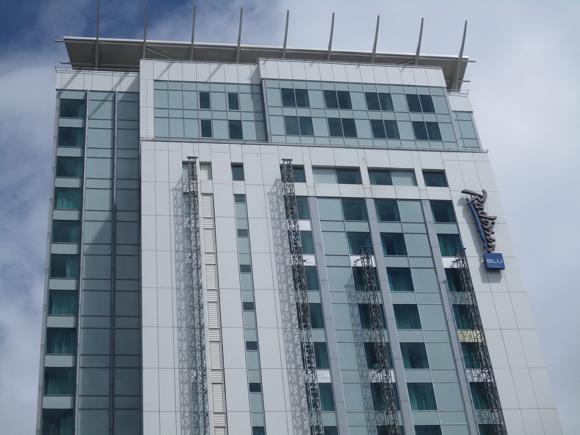
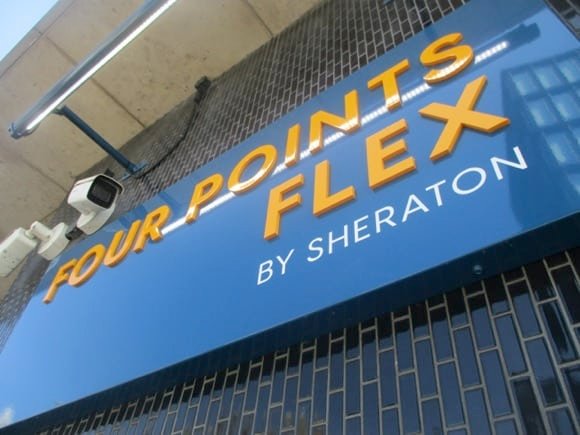
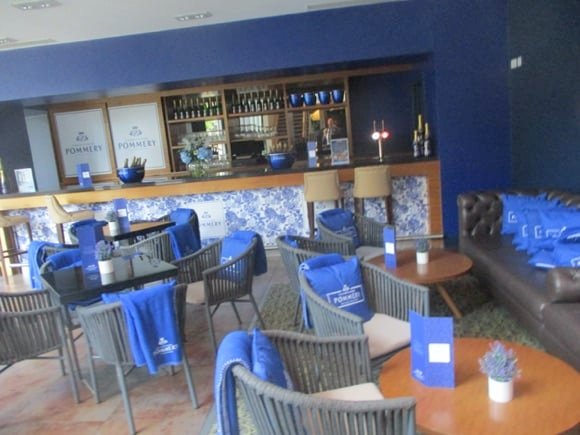
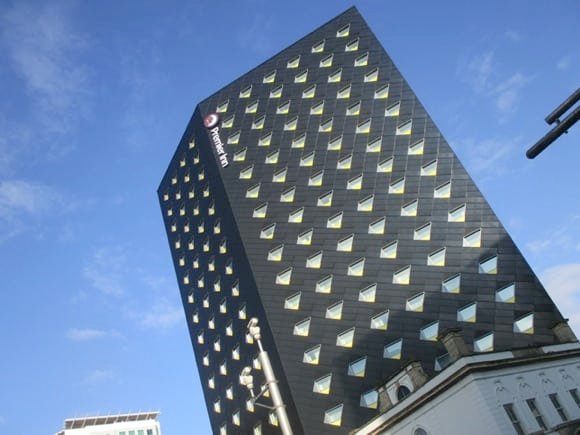

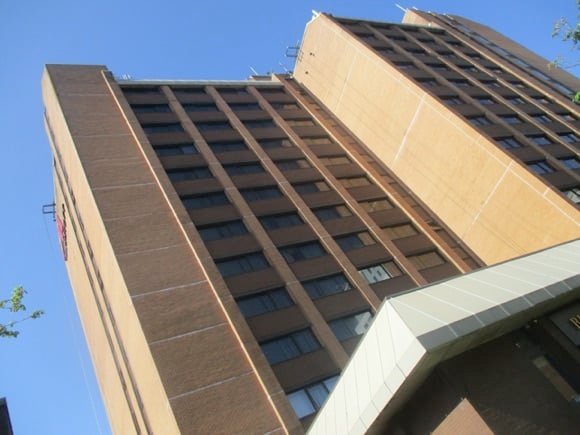

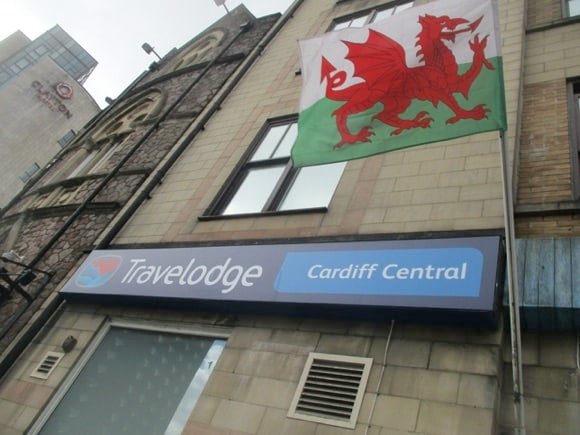
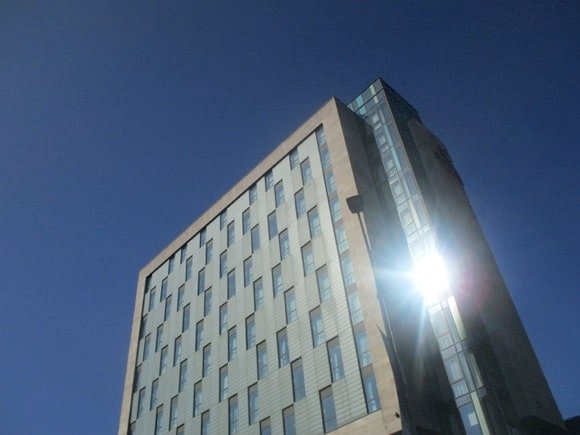
Chains abound. There’s a Travelodge near the Principality Stadium on Queen Street and one by the train station. The Park Inn by Radisson is a five-minute walk from the Radisson Blu at Meridian Gate.
The Premier Inn and ibis on Churchill Way appear gleaming and contemporary while offering rooms in the affordable bracket.
Also central and convenient are branches of the Marriott and Park Plaza. The Clayton is the closest chain to the station, a four-star with 200-plus rooms and a panoramic restaurant. Right by the station, Four Points Flex by Sheraton has taken over the former sleeperz, its 95 contemporary rooms, lounge bar and restaurant.
There are few accommodation options near the Cardiff City Stadium.

